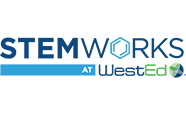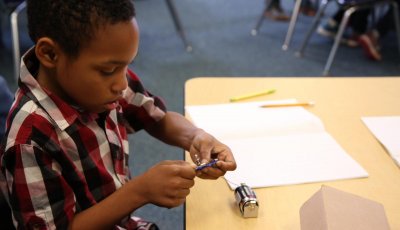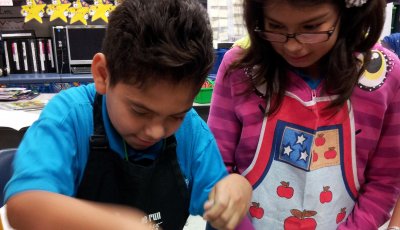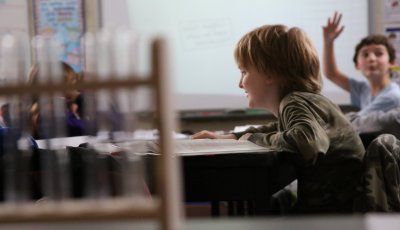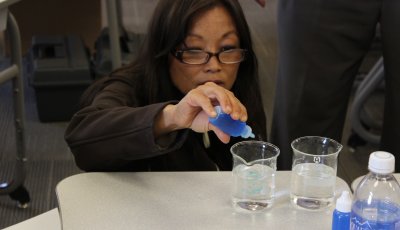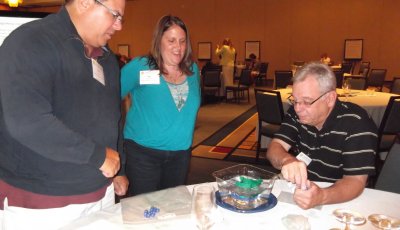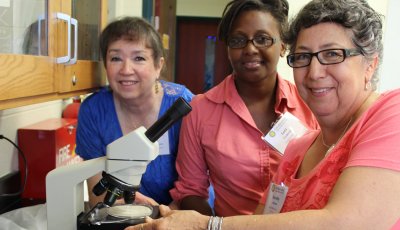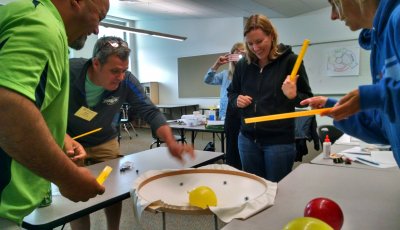Success Stories
2023 Sustainable Communities Global Action Research Project
On May 17, the Smithsonian Science Education Center held its last session of the 2023 Sustainable Communities Global Action Research Project: Youth Inspiring Truth, Trust, & Hope. In this program, the Smithsonian Science Education Center assembled a group of high school students ages 14-19 to participate in a 12-week global collaborative action research program based on the Smithsonian Science for Global Goals project's community research guide. Through this virtual program, young people produced an action project video related to an issue of sustainability in their community that was shared at the on May 24-26, 2023.
Watch the Student Videos
Smithsonian Science for the Classroom Wins EdTech Cool Tool Award 2020 for Best Curriculum & Instruction Solution
When the right digital tools are blended with hands-on, experiential learning, good things happen! "Smithsonian Science for the Classroom" is a Cool Tool Award Winner for Best Curriculum & Instruction Solution as part of The EdTech Awards 2020. Our digital resources provide opportunities for students to investigate, model, and explain science phenomena that may be inaccessible in a traditional classroom. Digital resources feature and draw upon the Smithsonian’s research, scientists, and world-class collections. A powerful digital teacher’s guide helps teachers effectively integrate these resources into instruction and includes everything for planning, preparing, teaching, and assessing. Teachers can easily assign digital resources at point of use within instruction. A digital assignment management system allows easy, at-a-glance monitoring of individual, group, or class progress.
Smithsonian Curriculum STC Receives Highest Rating from STEMWorks at WestED's Rigorous Review
Our Science and Technology Concepts (STC) curriculum has received the highest rating possible by STEMWorks at WestED's rigorous review process. As part of the STEMworks database, STC received a perfect 10/10 "Accomplished" ratings. As an "Accomplished" program, STC is helping students in every state in the United States and seven foreign countries gain first-hand experience of science and engineering practices. Rigorous research shows that STC can have a strong positive impact on the quality of teaching and student performance in science.
Research on Smithsonian Curriculum
"Technology Teachers as Researchers: Philosophical and Empirical Technology Education Studies in the Swedish TUFF Research School," presents the scientific output of the TUFF research school in Sweden, where a group of active teachers worked together on a series of educational research studies related to STEM teaching. Chapter 1 (pp. 120 - 140) outlines Swedish teachers' use of the Smithsonian curriculum called STC (or NTA, the Swedish version of STC), and outcomes on student learning. Read more at Springer Link Publishers
STC has lasting effects on elementary students understanding of physical science even after they enter High School, according to this 2018 article from the research journal, "Review of Education." Researchers from Sweden summarize their evaluations of SSEC's Science and Technology for Children (STC) Program on 9th graders' content and process skills in sciences. The Swedish version, called Natural Sciences and Technology for All (NTA), is predominantly employed in grades 1–6 in more than 40% of Swedish schools. A nationally representative random sample of almost 16,000 test‐taking students is coupled with multi‐level information about the NTA, and background factors. The researchers found statistically significant positive effects of NTA on 9th graders' national test scores (effect size 0.24), but not on their course grades, and on national test grades for physics, but not for biology or chemistry. The article explains these effects. Read more at Wiley
"Inquiry-Based Science Education and Its Impact on School Improvement: The ECBI Program in Chile" discusses the establishment of an Inquiry-Based Science Education Program (ECBI, Spanish acronym) and how it integrated SSEC's LASER model with 30,000 students using STC. * Read more at Springer
*Devés R., López P. (2007) Inquiry-Based Science Education and Its Impact on School Improvement: The ECBI Program in Chile. In: Townsend T. (eds) International Handbook of School Effectiveness and Improvement. Springer International Handbooks of Education, vol 17, pp 887-902. Springer, Dordrecht.
LASER i3 Results
In 2010 the U.S. Department of Education awarded the SSEC a five-year Investing in Innovation (i3) validation grant to evaluate the LASER model’s efficacy in systemically transforming education through science.
Click on the reports below to learn more about the LASER i3 project and its outcomes in each of our three study regions.
More Success Stories
The SSEC has a strong history of impacting individuals, schools, and communities through the LASER model, our curriculum, and our hands-on training and services. Click below to explore the impact that LASER has had on communities across the country and around the world.
-
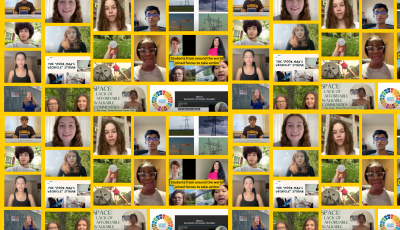
2023 Sustainable Communities Global Action Research Project: Youth Inspiring Truth, Trust, & Hope
-
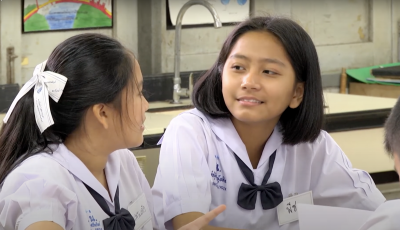
STCMS in Thailand
-
 Resource
ResourceInquiry-Based Science Fosters 21st Century Skills
-
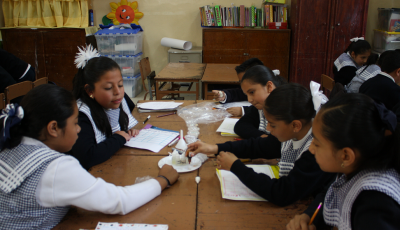
INNOVEC in Mexico: A LASER Success Story
-
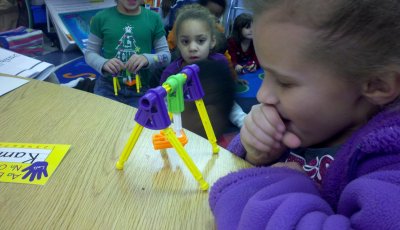
Delaware: State-Wide Success with LASER
-
Creating Cohesive Initiatives in Cleveland through LASER
-
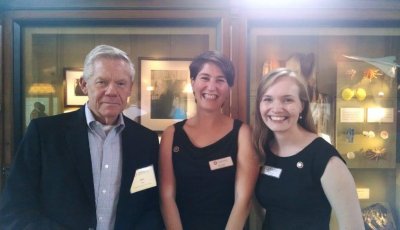
How Science and the SSEC Changed My Life
Ongoing Projects and Initiatives
At any given time, the SSEC is engaged in a number of programs implementing the LASER model, providing services, and building leadership across the country. Click below to learn about our current programs and initiatives.
